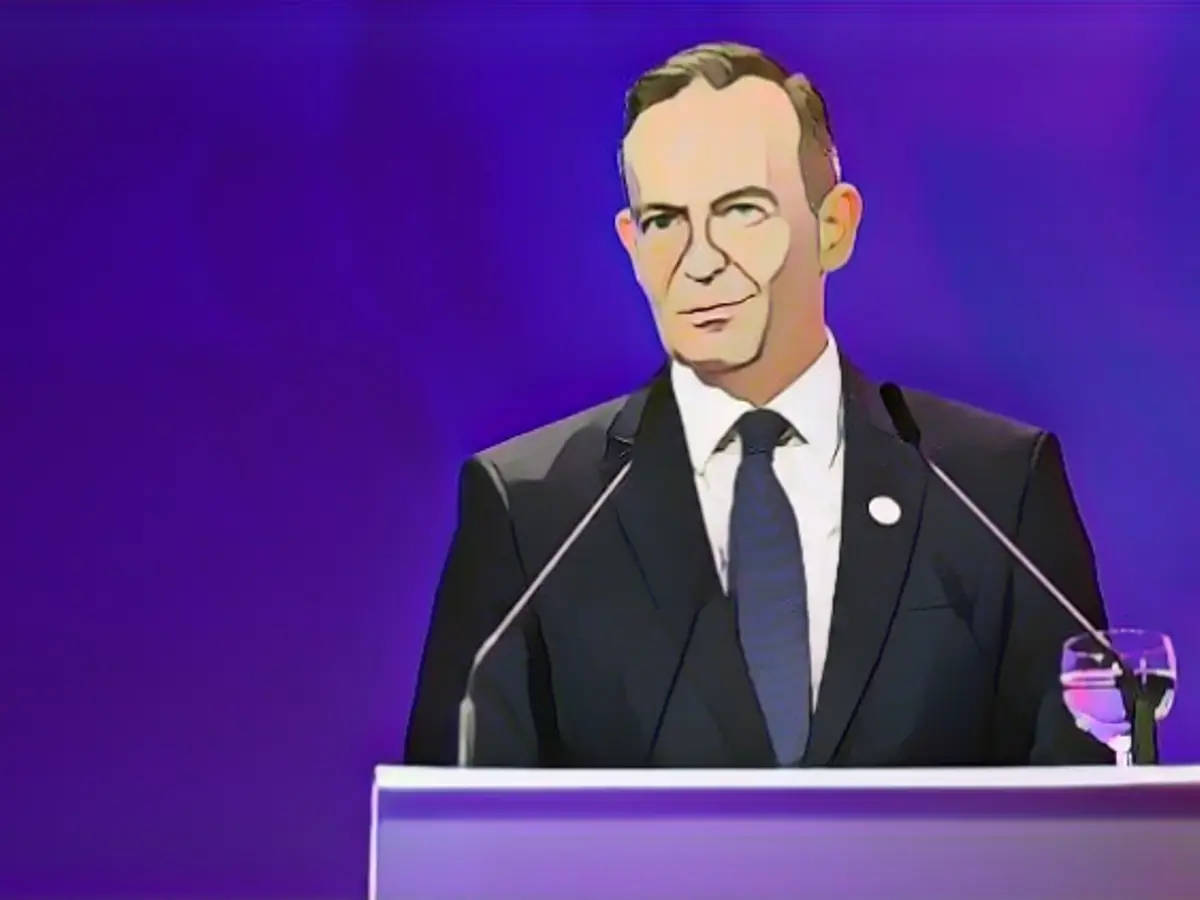Europe's AI Regulation Debate: Wissing Advocates for Innovation
Recently, Europe's governments have been grappling with how to regulate AI. While they recognize the benefits, they also see potential risks. This has prompted them to draft laws. Digital Minister Volker Wissing, however, cautions against overly strict regulations. He stressed that Europe should avoid being labeled as the "most strictly regulated market." This, according to Wissing, could lead AI development to shift to regions with less stringent standards.
In the ongoing discussion about EU AI regulation, Wissing has sounded a warning of possible overregulation. Speaking at Germany's digital conference in Jena, he stated that the EU should not deter AI development with overly rigid rules. Instead, he championed a stance that allows room for innovation.
Wissing was pleased with the agreement between Germany, France, and Italy for self-regulation within the AI industry for 'AI basic models.' He labeled this as a "great success" in striking a balance between innovation and safety.
The distinction between regulating AI use in critical infrastructure, services like emergency hotlines, and the prohibition of AI used for facial recognition or discrimination based on physical attributes is crucial, Wissing pointed out. The fact that the G7 countries set up "guard rails" for AI use is commendable, he added.
It was reported earlier that Germany, France, and Italy had agreed on a common position on AI regulation in the European Union. The EU Commission, the 27 EU countries in the Council, and the European Parliament are currently engaged in a debate about adopting stringent legal rules. This recommendation, however, is seen as a potential hurdle to the growth of AI innovation in Europe.
Enrichment Insights
The joint stance of Germany, France, and Italy coincides with the broader European Union's strategy, which focuses on a risk-based framework. Below are their specific positions and rationales for advocating self-regulation within the industry:
Germany: Germany aligns with the EU's AI Act that classifies AI systems into prohibited, high-risk, and lower-risk categories. They support a balanced strategy that dynamically regulates AI development without stifling innovation. France: France supports the EU's guidelines on AI system definitions, which prioritize health, safety, and fundamental rights protections. The country advocates for self-regulation through initiatives like the AI Pact, signed by over 100 companies. Italy: Italy aims to focus on high-risk AI systems and practices that may threaten fundamental rights. It supports the EU's nuanced, risk-based framework, seeing it as a means to ensure AI safety without imposing too many restrictions.
The joint appeal for self-regulation in the AI sector arises from three main reasons:
- The need for flexibility and adaptability
- Encouragement of innovation
- Emphasis on ethical considerations and best practices.
In conclusion, Germany, France, and Italy champion the EU's balanced approach to AI regulation, which emphasizes a risk-based framework and promotes self-regulation within the industry. This approach allows for responsible AI development by balancing innovation, safety, and ethical considerations.








